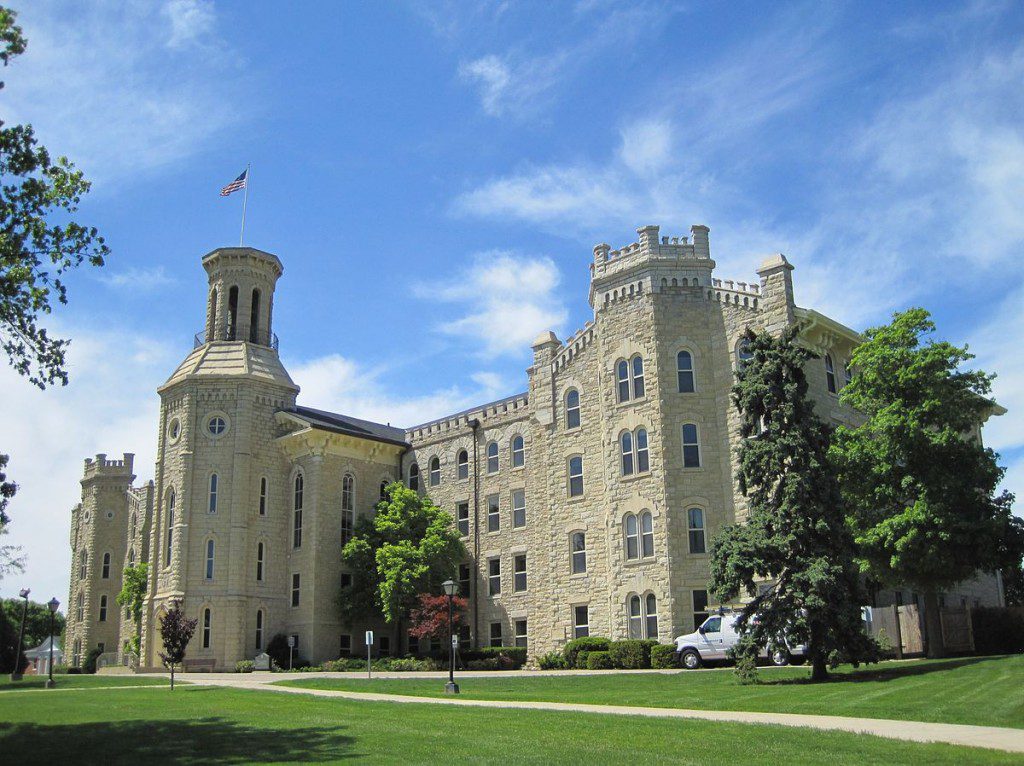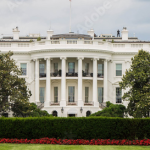Larycia Hawkins, employed by my alma mater, has stirred up a hornets’ nest of political, religious, and cultural nuances. And without question, she knew she was going to do so. Professor Hawkins, like many of us, is repulsed by the sheer nastiness and ignorance of many loud political voices on the internet lately who bark about Muslim terror, and we loathe the hateful words and actions that vilify good American citizens.
But both her actions and her words inflame rather than console, despite her best intentions. In attempting to express solidarity, her gesture is reminiscent of the World War 2 legend about good King Christian X of Denmark who, upon receiving Nazi orders that all Jews don the yellow star, sewed a yellow star to his own clothing. The other Danes followed suit and the Jews were saved. I think Dr. Hawkins was trying to do the same thing. Admirable, to be sure. As far as that goes, I’m in solidarity with her! She’s sympathizing, and that’s a good thing.
And yet, here’s the rub. First of all, many Muslim women do not wear hijab, and thus Dr. Hawkins’ posture effectively calls them out for their own lack of solidarity with their sisters in faith. Second, Muslim women who do wear hijab are not uniformly crazy about a Christian taking up their spiritual practice as a “statement.” This falls under the category of cultural appropriation, particularly when it is done so as a public gesture.
Furthermore, as Christians, we are not called to compassion and solidarity with other “people of the book” because they’re “people of the book.” We’re called to compassion and solidarity with other people, whether of “the book” or not, because Jesus bids us do so and modeled the way for us. We’re to love our friends, our neighbors, and our enemies. God does so, and we do so. If our theology is getting in the way of loving our neighbor—whether she wears a headscarf or he wears a turban or she has a bindi or he has a tilaka or they go to prayer on Fridays or not at all—then we have the wrong theology. Dr. Hawkins’ religious simplicity actually diminishes the gospel rather than magnifies it.
And finally, Wheaton’s calling the question is entirely appropriate because, unlike many other religions, Christianity really does call us to believe something. It is both orthopraxy and orthodoxy, the one feeding into and out of the other. It matters that we believe certain things to be true, just as it matters that we love one another. Many religions argue that their authenticity relies purely on behaviors, whether those are ritualistic or communal or familial. The Christian faith unites behaviors to beliefs, which is why we have a Creed. Our worship has necessary theological content as well as necessary social consequences.
(Yes, yes, for Pete’s sake don’t go off into all the exceptions, like children or mentally impaired or the breadth of theological diversity within Christianity. I know all that. But if you claim to be a Christian, you and I both know what core beliefs matter. Muslims, Jews, and Christians are all monotheists, and thus we share a very important central belief, of course, but there is more to each of these religions than monotheism.)
For Wheaton to emphasize the importance of Dr. Hawkins’ expressed theology is not to say Wheaton or its faculty or its students love Muslims any less. Saying we do not worship the same God or that facile expressions of doctrine are inadequate representations of evangelical faith is neither Islamophobic nor hateful. Why should it be? Wheaton is merely asking its faculty members to be more careful in articulating theological nuances that really matter. Is there some inherent danger in saying that we believe differently? Does public peace rely on uniformity? If so, we’re in bigger trouble than we think.
I do hope Professor Hawkins is fully reinstated. She is a dynamic and brilliant professor who has made a real difference in students’ lives and practices, including those of my own children. Yet it is in our real, lived understanding of faith and practice – whether we are Muslims or Christians – that we honestly present to the world the message of Quran or Gospel. And the message matters, as both Muslims and Christians would agree.
Photo “Blanchard Hall (5978664560)” by Teemu008 from Palatine, Illinois – Blanchard HallUploaded by AlbertHerring. Licensed under CC BY-SA 2.0

















